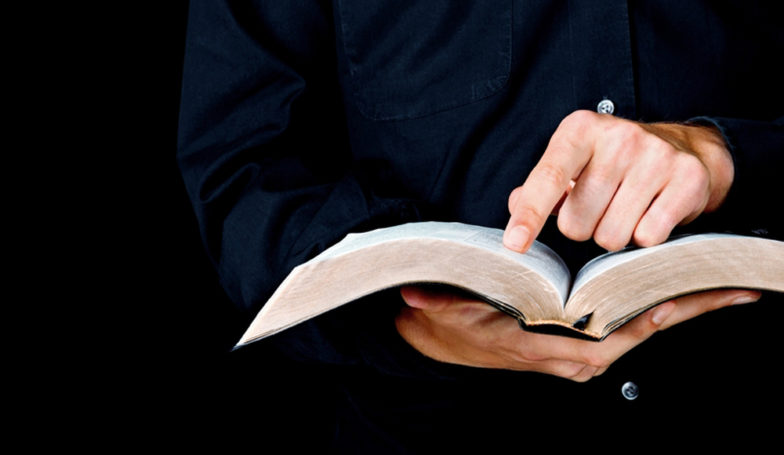How to Make Sense of Things We Can’t Control
How are we to think about our inability to control certain facts of our lives (e.g., our conception, time of birth, place of birth, family, and culture)?These “givens” in life powerfully remind us that we humans have genuine limitations and boundaries. Our lives are dependent upon many causal factors. Life itself is fragile, short, and there is a clear limit to what we can control through willful decisions. Here are three practical ways we can make sense of our lack of input in life:
1. We Are Not the Masters of Our Lives
Suffering often shatters the illusion that we are masters of our own fate. Human volition is still amazingly powerful in life, but choices are often made in response to the givens that first shaped our lives. From a secular viewpoint, the lack of requisite control over the givens (so-called accidents of nature) seems to mean that human beings aren’t able to create personal meaning in life when the world and life as a whole have no objective meaning. From a Christian point of view, believers recognize that God’s providential hand guides nature (Psalm 147:8–9), human history (Psalm 22:28), and even the personal circumstances of our own lives (Psalm 139:16).
2. We Need to Think for Ourselves
Because people and their beliefs are so deeply influenced by the givens in life, it is very important to reflect upon the assumptions and presuppositions we bring to the significant issues of existence. The power of these events beyond our control reminds us how limited our knowledge and perspective can be. Thus, the reflective person will want to learn to think for himself or herself and consistently inquire as to the best arguments on all sides of controversial issues. Religious and secular people alike seem susceptible to being too accepting of tradition. We need to think outside of our own worldview and look broadly at how different people make sense of the world. When positions conflict, logically testing truth-claims becomes crucial. Whether a belief is true is more important than when and where a belief was encountered. It seems, however, that in the modern world there is a global community that makes it less likely that people are trapped by these so-called accidents of birth. For example, the Internet has shrunk the world and made it possible for people to hear and consider alternative points of view.
3. We Are Still Responsible for Our Actions
Historic Christianity affirms that God is sovereign (Ephesians 1:11); yet human beings are responsible agents in life (Acts 16:31). There are different views among the theological traditions of the faith as to how to reconcile God’s self-governing rule with human accountability (two such contrasting views that are popular among evangelical Protestants are known as compatibilism and middle knowledge).1 I will not attempt to explain those views here except to say that maybe the grand givens of life and the inevitable responses on the part of human beings help us to see that God can be sovereign over life, yet somehow we remain responsible persons. If nothing else, the givens illustrate how people can be greatly influenced by events outside of their control or choice.
It seems the powerful givens of life call Christians to be appropriately humble, trusting, yet also self-reflective and interested in God’s glorious and paradoxical ways as our Creator and Redeemer.
Resources
For those who would like to reflect further on the big issues of life, see my book A World of Difference.
Endnotes
- David Basinger and Randall Basinger, eds., Predestination and Free Will: Four Views of Divine Sovereignty and Human Freedom (Downers Grove, IL: InterVarsity, 1986); James Beilby and Paul Eddy, eds., Divine Foreknowledge: Four Views (Downers Grove, IL: InterVarsity, 2001).






